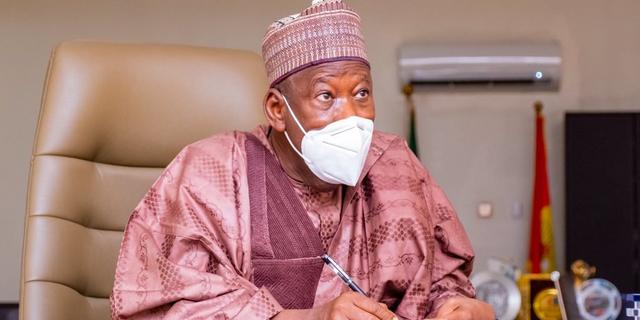‘Kano needs 17,000 additional health workers’
Kano State needs at least 23,000 frontline health workers to meet the immediate needs of providing quality primary health care services, the Executive Secretary of the state’s Primary Healthcare Management Board, Dr Tijjani Hussain, has said. Hussain spoke yesterday in Kano at a one-day Primary Health Care Policy Dialogue organised by the Nigeria Health Watch […]

Kano State needs at least 23,000 frontline health workers to meet the immediate needs of providing quality primary health care services, the Executive Secretary of the state’s Primary Healthcare Management Board, Dr Tijjani Hussain, has said.
Hussain spoke yesterday in Kano at a one-day Primary Health Care Policy Dialogue organised by the Nigeria Health Watch with the theme, “Strengthening human resources for health and achieving sustainable financing for primary health care.”
He said with about 19,000 healthcare workers in the state, only 9,000 were permanently engaged out of which about 6,000 were frontline workers.
He said that put the gap in the state’s human resources for healthcare at 17,000.
On efforts the government was taking to bridge the gap, the state’s Commissioner for Health, Dr Aminu Tsanyawa, said even with the economic situation, the governor had approved the employment of 1,500 critical manpower and the recruitment of 56 medical doctors.
Tsanyawa, who attributed the gaps to years of neglect of the primary healthcare sector, added that the government would utilise the about 12,000 “Workforce available to us that are not frontline to see how we can make them useful, train them and give them short courses, using task shifting and task sharing to see how they are made available to serve as frontline workers.
“The government is also improving on the two healthcare training institutions in the state to increase the number of outputs from them.”
On her part, the Managing Director of Nigeria Health Watch, Dr Vivianne Ihekweazu, advised all states to look at existing policies in the country to bridge the gap.
She stated that the majority of healthcare needs of Nigerians could be met when proven models are deployed to strengthen primary healthcare.
